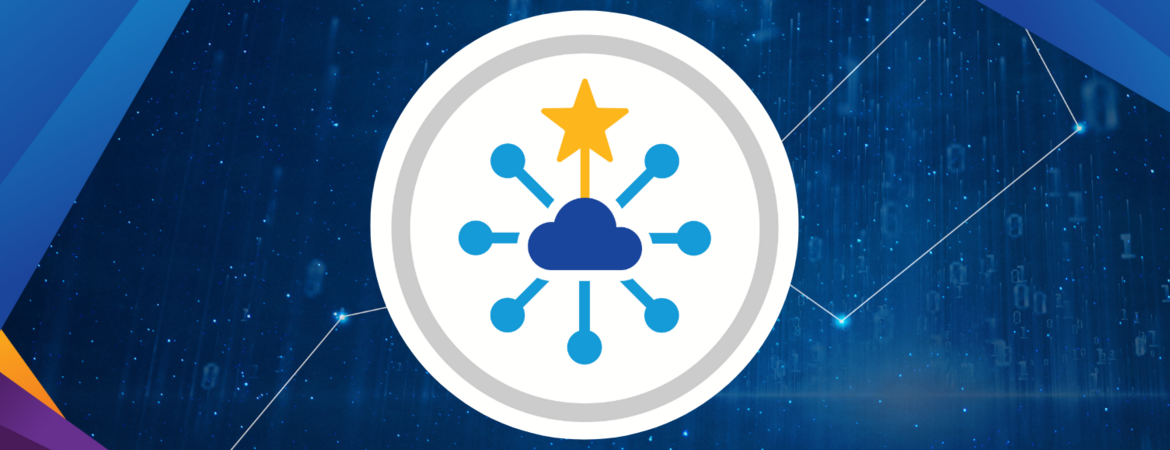
As part of the Digital Transformation effort centered around the campus research community, ITS entered into a first-of-its-kind agreement with Google Cloud Platform (GCP) to boost the research computing capabilities of the campus. This agreement, introduced as “Ursa Major,” is a significant investment in building a cloud-based research computing platform for UCR researchers.
While Ursa Major offers advanced cloud services to supplement UCR’s current research computing resources, the ITS Research Computing team is still in the early stages of integrating it with the broader portfolio of research computing services.
Having said that, the initial response to Ursa Major has been very encouraging. Roughly 60 research labs across campus have begun integrating GCP into their workflows. The preliminary impact on our research workflows and output is positive, and we're keen to share some of these developments. As we navigate this new terrain, we remain optimistic yet mindful of the challenges and learning curves ahead.
Since Ursa Major's inception, we've observed its adoption across the Colleges, including Bourns College of Engineering, College of Natural & Agricultural Sciences, College of Humanities, Arts, and Social Sciences, and School of Medicine. While some labs utilize GCP to supplement their existing infrastructure, others are exploring novel research workloads, thanks to GCP's unique offerings.
Notably, our computer science groups are capitalizing on GCP's graphics processing units (GPUs), driven by the surge in large language model (LLM) advancements and research. Additionally, GCP's ability to provide just-in-time capacity has proven invaluable for labs racing against paper submission deadlines. Overall, the range of scientific domains and use cases that Ursa Major supports has been broad and diverse.
Ursa Major in Action: How the Wang Bioinformatics Lab Uses GCP for Mass Spectrometry
The Wang Bioinformatics Lab at UC Riverside stands at the crossroads of computer science, data science, and analytical chemistry, with a strong emphasis on mass spectrometry. Their mission revolves around creating tools to decipher the vast chemical universe.
Collaborating globally with wet-lab scientists, they address computational challenges to benefit the broader community. A significant focus of Wang Bioinformatics Lab lies on mining the vast data from mass spectrometry, where they've pioneered tools to explore terabytes of data. They're innovators in computational mass spectrometry for compound discovery and in crowdsourcing mass spectrometry knowledge. They have also developed transformative online tools for interactive data visualization.
The lab's computing demands are multifaceted. Historically, they've leveraged a spectrum of infrastructure options at UCR, from their own rack servers for virtual machines to file storage in the UCR HPC Cluster for big data mining. Their approach prioritizes portability and scalability, and they ensure that their workflows remain seamless and adaptable.
With the introduction of GCP, they've found a solution that complements their existing infrastructure. The elasticity that GCP offers, especially for tasks requiring a few thousand cores for a few hours, aligns with their needs. Tools like the HPC toolkit also simplify cluster creation on GCP.
Wang Bioinformatics Lab has been very efficient in utilizing GCP’s computational resources. Using best practices, their goal is to drop their cost per CPU hour by five to eight times. Principal Investigator Professor Mingxun Wang, PhD shared:
“Access to Ursa Major has provided us with the means to get the technical assistance we need to learn GCP. This came at no cost to my lab. Additionally, it enabled us to get into Google Cloud’s Research Innovators program, which comes with $10,000 in GCP credits. This further enhances what our lab, and UCR, can accomplish.”
While they're still exploring GCP's full potential, researchers from the Wang Bioinformatics Lab are particularly intrigued by the prospects of Tensor Processing Units (TPUs) and other advanced processing machines for their analytical needs. Their vision for the future emphasizes a streamlined workflow where researchers can effortlessly scale their analyses, making optimal use of all available resources, including GCP.
Explore The Services Offered by ITS Research Computing
The suite of services available to UCR researchers, including Ursa Major, is extensive and continuously evolving. To ensure that researchers obtain the resources that are best suited for their objectives, ITS Research Computing provides one-on-one consultations to identify, deliver, and train on the tools that researchers need to succeed. To set up a consultation, complete the Research Computing Services consultation request form in the IT Service Portal. You can also email questions to research-computing@ucr.edu.
Astitva Chopra is a Senior Research Computing Facilitator in the ITS Research Computing team. Prior to joining UC Riverside, he worked for ~10 years at Google and led the research computing solutions team for Google Cloud. At UCR, he is supporting the Digital Transformation efforts in research computing through Ursa Major. He can be reached at astitvac@ucr.edu.